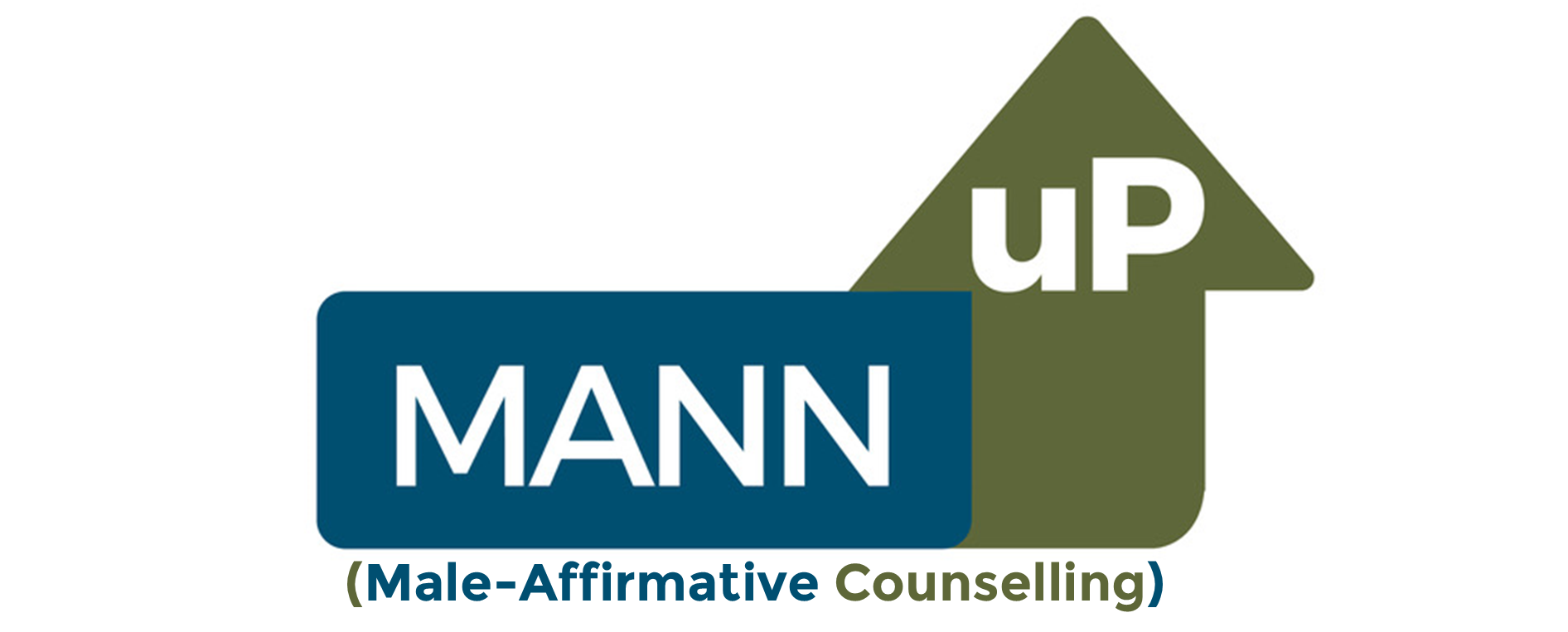 You will have to navigate endings in your life such as the end of a relationship, the end of a job, the end of a life stage, or even the death of a loved one.
You will have to navigate endings in your life such as the end of a relationship, the end of a job, the end of a life stage, or even the death of a loved one.
Endings are something you will have to deal with at various times in your life, whether you want to or not.
Indeed, endings are often something that are essential to take place before you can move onto a new chapter in your life. Often something will have to end in order to free you up for something new to begin.
Endings are not always something you would wish for, or even something you can control. As a result it is very natural to see an ending as a loss. A loss you may need to grieve for in order to be able to move though and beyond.
One thing is for sure, nobody will go through life without experiencing endings.
Whether it is being able to find the strength and fortitude to respond to an unplanned/unwished for ending, or being able to find the courage to make a plan to end something that is no longer right for you, understanding how endings impact on you can help empower a more conscious way of responding when those future endings arise.
Types of Endings
Take a few moments to reflect on all those endings you will have experienced so far in your life to date. There are those that you can look at and see as an obvious ending, and others that might be a bit more subtle to discern, but which equally impacted on you. Some examples of endings you will encounter in life include:
End of a Life Phase: That point in life when you realise that one phase of your life is ending and you are entering a new one. That could be the end of childhood freedoms as you take on adult responsibilities. The end of being a ‘free agent’ when you enter into a committed relationship, and/or become a parent. The end of feeling ‘young’ as you enter middle age. The end of your working life as you enter into retirement. Or even the end of your existence as you approach your own mortality.
Nobody can stop time/aging, so you will usually progress through these life stages. You will have to end one stage before you can enter the next, whether we want to or not.
Ending of a Relationship: This could be the ending of a friendship or a family or romantic relationship, or through bereavement, the permanent ending of a relationship with someone you have been bonded to and/or connected to. Sometimes these types of endings are your choice, other times they are at the other party’s instigation, and in the case of death, the relationship ending is not wished for or preventable by anyone.
Ending of a Role: This could be ending the role you have been asked to assume in life, or which you have adopted as say a child, a student, a parent, an employee or a career. That role may not have been something you consciously would have wanted to adopt. Sometimes its ending is also not something you are consulted about, or you would want, or it may not end in a way that is positive for you and other parties.
Ending of a Way of Living: For many this can come about when something significant enters your life that impacts on normal way of living, at times for the good and at others not so much so. This could include something like illness or disability, which ends the way of living physically you were used to. Or the loss of a job which ends the way of living you were used to financially.
It is a cliché but human beings tends to be creatures of habit and as a result can resist, resent, and at times struggle with endings, as they will whether you like It or not, bring about change within you and within your existence.
In life, change, including change brought about by endings is inevitable. By deepening your own individual understanding of how you are likely to react to endings, it can help get you through the tough times associated to an unwanted ending, and embolden you to at times make choices to proactively end what is no longer working for you.
Are You Dealing With a Planned or Unplanned Ending?
If an ending has entered into your life that you did not anticipate or plan for, then the shock often associated to that occurrence can throw you off-centre and make it initially very difficult to respond, process what is going on, and work out what you should do about it.
The Psychology Today website describes the phenomenon of psychological shock as having the following symptoms:
- You may feel jittery or physically sick.
- Your mind will feel very foggy, or like you can't think straight.
- You may feel out of body.
- Your chest may feel tight.
- You may feel a disconnection from what's happening, like you're watching a movie of events unfolding rather than actually being there.
- You may feel intense anger and want to scream or yell.
- You may feel like you want to run.
Many unplanned endings can provoke this feeling of psychological shock. So in the first instance, recognise that you are in shock, and give yourself time to calm down and settle, and for your brain to have time and space to absorb the nature of the ending before you attempt to process it mentally and emotionally and plan how to act.
Even if you think of an ending as something you have planned, or have time to plan for, when the reality of that ending arrives, it can still send you into psychological shock for a period of time.
With a planned ending, especially one that you have planned for and would wish, there can be more of a sense of being in control of the decision and process However, no matter how much you plan, life can throw up unanticipated out workings of that ending, that we also will need time and space to adjust to and integrate into your mental and emotional experiencing.
What Impact Do Endings Have On You?
We are all unique and as such will respond to endings in unique ways. How you respond can be connected to your history of endings in your life, how they impacted on you, and how you were supported to deal with them.
An ending can be a means to develop greater levels of self-insight and wisdom, and often highlights areas of self that may be ‘unfinished business’ which need to be attend to.
For example, if you were brought up observing other males in your life portraying ‘a stiff upper lip’ when endings occurred. Which translated into them not displaying the mental and emotional impacts, and not asking for help to process them, have you adopted that same habit?
Or do you shut down when an ending occurs, and retreat into yourself because in early life nobody was there to support you through an ending, so regrettably you unconsciously ‘got the message’ that you have to struggle through endings alone.
Maybe your past experiences of endings has been so psychologically shocking that you now do all you can to avoid endings, even when it would ultimately be in your best interests and your happiness to bring something to an end, such as a toxic relationship or an unsatisfying job.
Could it be that your view of endings is that they, and the associated change, is always negative, and as a result, you expend all your energies trying to fight against the inevitable life course of endings, rather than placing your energies into embracing and championing changes in parts of your life that you can influence.
It may be that when you look back at various endings in your life, you can see patterns emerge, from which you can learn and grow to be more conscious of how you will respond to, and at times embrace, endings in the future.
Navigate Endings
Give Yourself Time to Grieve: It is generally accepted that in the case of bereavement, there are 5 recognised stages of grief. These are: denial; anger; bargaining; depression and finally acceptance. Look at these stages when you experience any ending in your life, are you moving through them? If not is there a certain point where you have become ‘blocked’ and need support to move on? Any ended needs to be grieved for to place something that was into the past, to free you up to look to and move into the future.
Take Control Where You Can: Endings, in particular unplanned ones can make you feel like you are not in control of your life. Even if the ending is not something you can control, there may be aspects connected to it that you can take control of to help you feel more empowered.
For example, you may not be able to control your partner wanting to end the relationship, but you can attempt to take control of how you process and act out your mental, emotional reactions.
Try To Focus on the Gains as Well as the Losses: Endings will mean giving something up, but that in time can lead to being free to bring new things into your life that can benefit you in the long run. One example of this can be retirement. You may be giving up your identity connected to your employment, but by doing so you are also creating time to embark on a new chapter in your life. Your life can end up enriched by the things you put into your life to replace the time and effort you spent previously working.
Focus On a New Way Forward, Not the Way Back: Sometimes dealing with an ending it about coming to an acceptance that there is no way back to the life you had before the ending occurred, and investing effort to ‘get back to what was’ will be pointless. Rather use that energy to focus on building a new pathway in your life that incorporates that ending, and the associated changes it brought into your life, into a new way forward for you.
HOW MANN UP CAN HELP
MANN uP’s personal programmes can support you to cope with, respond to and navigate all sorts of endings that might enter into or arise in your life.
Participating in a programme can help you feel supported and attended to as you initially process the mental and emotional impact that something ending has brought into your life.
It can then later help you adjust to your changed life circumstance, and start to a plan for your new way forward.
